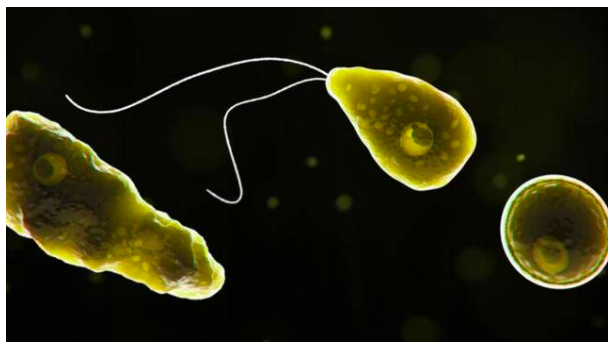Context:
Recently, a 15-year-old boy in Kerala’s Alappuzha district died due to a rare infection caused by Naegleria fowleri or “brain-eating amoeba”.

Image Source: The Indian Express
About Naegleria fowleri:
- Naegleria fowleri, commonly known as “brain-eating amoeba,” is a single-cell organism.
- It is found in warm freshwater environments such as lakes, hot springs and swimming pool.
- It is so small that it can only be seen with a microscope.
- Only one species of Naegleria, Naegleria fowleri, infects people.
- Spread:
- The amoeba enters the body through the nose and travels to the brain, leading to a severe and usually fatal brain infection known as primary amebic meningoencephalitis (PAM).
- It does not spread from person to person.
- Prevention Measures for Swimmers
- Avoiding warm freshwater bodies with inadequate chlorination
- Using nose clips during water-related activities
- Using sterile water for nasal cleansing rituals
- Maintain clean swimming pools and practice proper hygiene
- Symptoms: Severe headache, fever, nausea, vomiting, stiff neck, confusion, seizures, hallucinations
- Death Rate: 97%
- Treatment: US-based Centers for Disease Control (CDC) recommends treatment with a combination of drugs, often including amphotericin B, azithromycin, fluconazole, rifampin, miltefosine, and dexamethasone.

![]() 8 Jul 2023
8 Jul 2023
